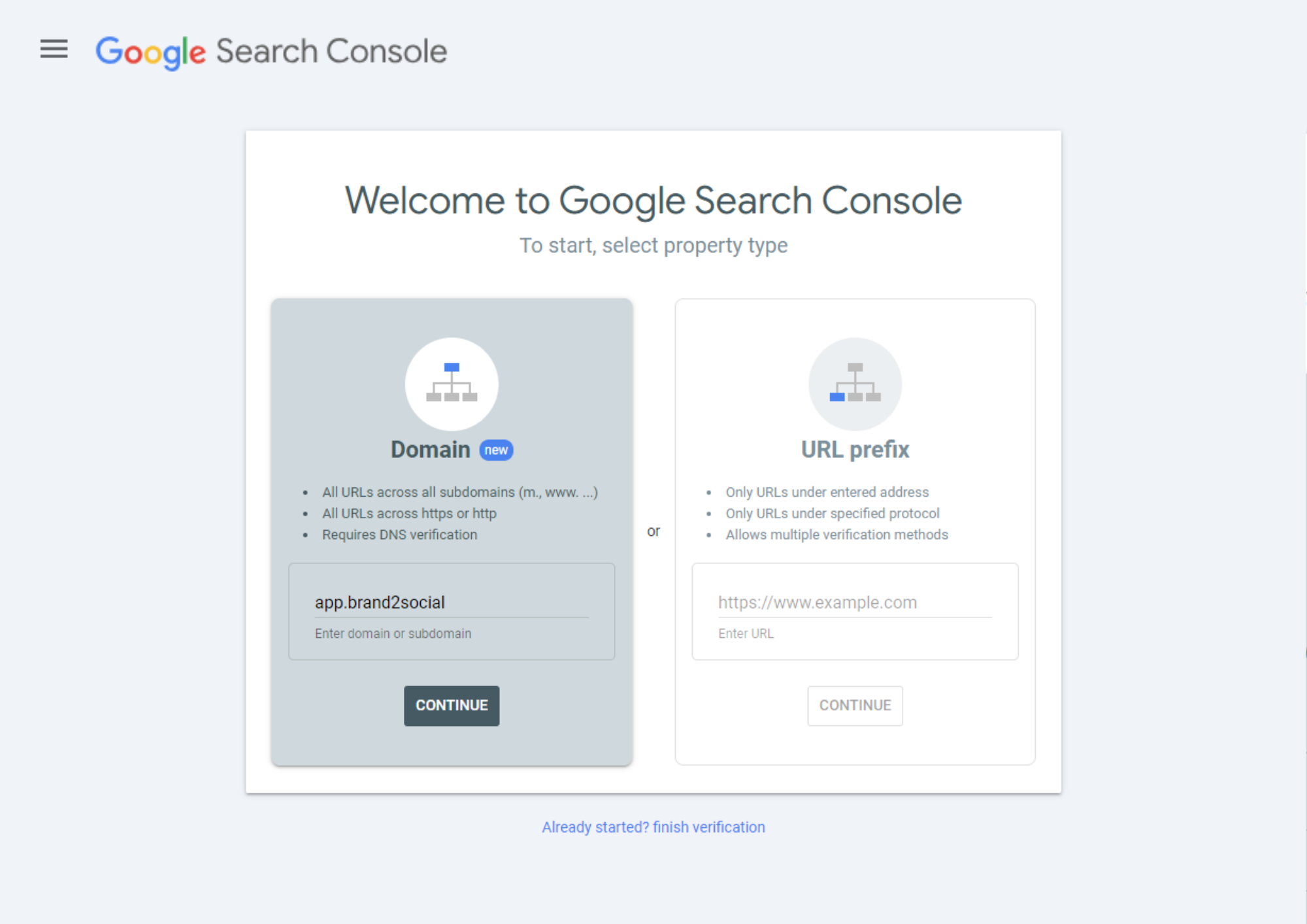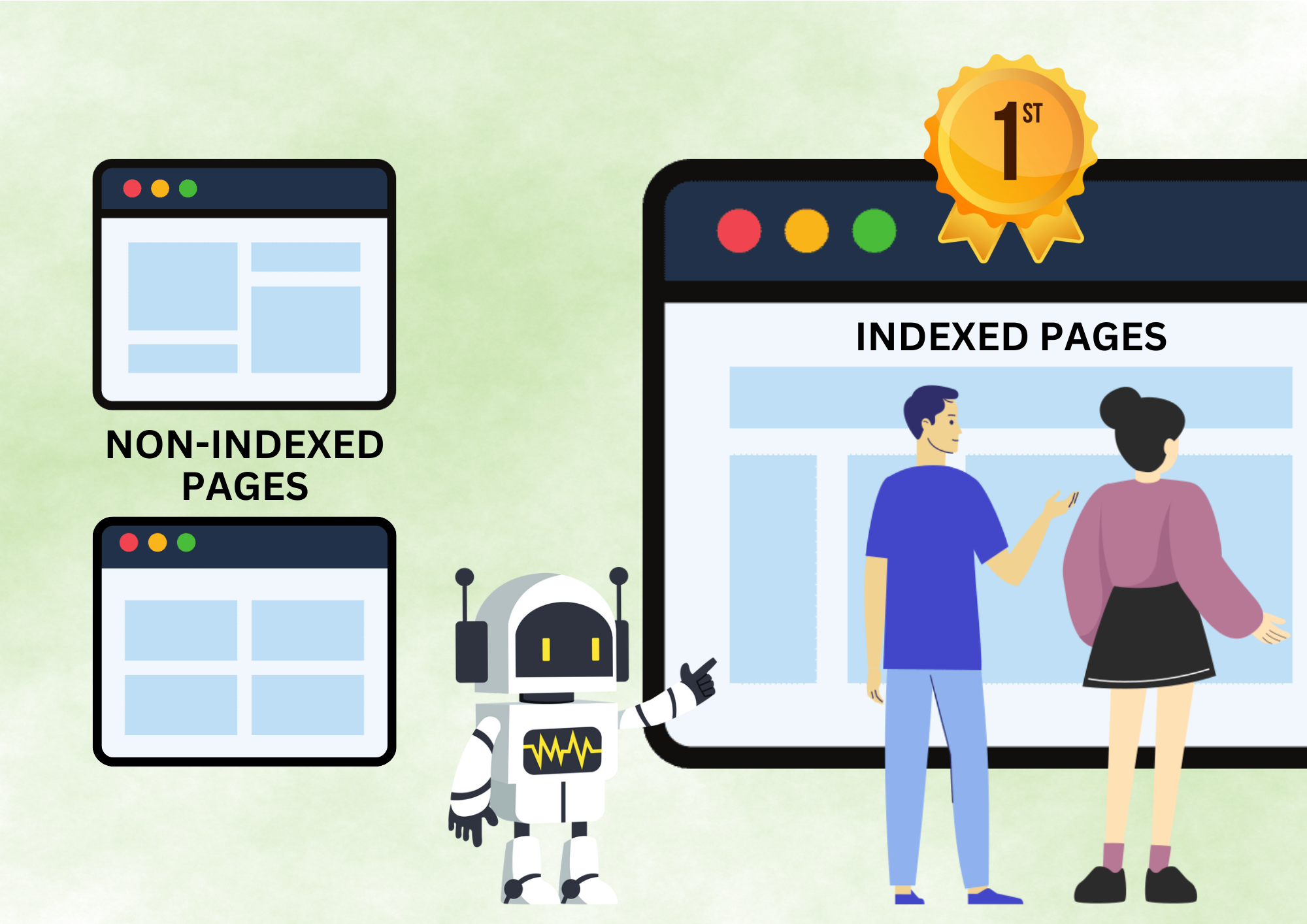This comprehensive guide will navigate you through the essential steps to ensure your website not only catches Google's attention but also secures its place within the coveted search index.

In the ever-expanding digital universe, the significance of having your website indexed by Google cannot be overstated. Google acts as the gatekeeper to vast streams of traffic, serving as the primary avenue through which users discover new content, products, and services. However, securing a spot in Google's index is not a matter of mere chance; it requires strategic maneuvering and a deep understanding of the search engine's crawling and indexing processes. However, with billions of pages vying for attention, how can you make sure your website stands out and is efficiently indexed by Google? The process involves a blend of technical optimization and quality content creation. By following the steps outlined below, you can enhance your website's visibility and improve its chances of being indexed.

Google Search Console is akin to a Swiss Army knife for webmasters, offering a plethora of tools and insights directly from Google itself. By setting up an account, you gain access to invaluable data about your site's performance in search results, including visibility, search queries, and indexing status. It's the first step in establishing a direct communication channel with Google, allowing you to submit your site for indexing, monitor its status, and even receive alerts for issues that could affect its visibility in search results. Think of it as establishing a beacon that guides Google to your digital doorstep, ensuring that your website is not only discovered but also monitored for optimal performance in the search landscape.

A sitemap acts as a blueprint of your website, outlining all the important pages and content you want Google to discover and index. Creating and submitting a sitemap via Google Search Console is like handing Google a map to ensure it doesn't miss any valuable content during its crawls. This step is crucial, especially for new websites or those with pages that are not easily discoverable by following links. By submitting a sitemap, you effectively lay down a path for Googlebot, enhancing its ability to crawl your site comprehensively. This not only speeds up the indexing process but also ensures that all your important pages gain visibility in Google's search results.

The robots.txt file serves as a gatekeeper, instructing search engines on which parts of your site should be crawled and which should be ignored. Optimizing your robots.txt file ensures that Googlebot spends its crawl budget wisely, focusing on your most important content while avoiding pages that don't contribute to your site's search engine rankings, such as admin pages. It's important to regularly review this file using tools like the Google Search Console Inspection Tool or the robots.txt Tester to prevent inadvertently blocking valuable content from Google's view. A well-optimized robots.txt file is a critical step in making sure every page that you want indexed is accessible to Googlebot.
Noindex tags are a direct signal to search engines to exclude specific pages from their indexes. While useful for preventing certain pages from appearing in search results, accidental implementation of noindex tags can hinder your site's visibility. Regularly auditing your site for unintended noindex directives is akin to checking for closed doors that should be open to Google's crawlers. This task involves scouring the meta tags and HTTP headers of your web pages to identify and remove any noindex tags that could be blocking valuable content from being indexed. By cleaning up these tags, you ensure that Google has the green light to index all the pages you deem important.
In the digital arena, content is king. High-quality, engaging, and original content is the cornerstone of a website that not only attracts visitors but also earns Google's favor. Such content provides value to users, encouraging them to spend more time on your site, share your pages, and link back to them. This, in turn, signals to Google that your site is a valuable resource, worthy of being indexed and ranked highly. Crafting content that resonates with your audience involves understanding their needs and preferences, offering solutions, and engaging them in a meaningful way. This not only enhances your site's indexation prospects but also its overall online presence and authority.
Strategic internal linking ensures that Googlebot can discover and understand the structure and hierarchy of your website. It's like laying down a network of pathways within your site that guide visitors and search engines to your most important pages. This not only helps with indexing but also with distributing page authority throughout your site, boosting the SEO performance of individual pages. Effective internal linking involves using relevant anchor texts, linking from high-authority pages to those that need a boost, and ensuring that every important page is accessible through multiple paths. This internal web of links maximizes your site's visibility and indexability in Google's eyes.
Backlinks from reputable sites signal to Google that your content is valuable and authoritative, effectively serving as endorsements in the digital domain. Coupled with active social media sharing, these backlinks can significantly amplify your site's visibility and attractiveness to Googlebot. Generating high-quality backlinks involves creating content that others find useful, engaging with your online community, and reaching out to influencers in your niche. Encouraging social sharing, on the other hand, requires crafting shareable content and actively promoting it across social platforms. Together, these strategies boost your site's discoverability and indexability, making it more prominent in Google's search results.
Duplicate content can confuse Googlebot, diluting your site's authority and negatively impacting your search rankings. Ensuring that each piece of content on your site is unique and offers value is crucial for effective indexing and SEO. This involves regularly auditing your site for duplicate content, using canonical tags to indicate preferred versions of similar content, and implementing 301 redirects where necessary. By clarifying which content is original and should be prioritized for indexing, you help Google understand your site's structure and content value, facilitating better indexing and ranking of your pages.

Canonical tags play a vital role in telling search engines which version of a duplicated content page is the preferred one for indexing. Proper use of these tags prevents indexing issues and ensures that Google understands the hierarchy and relationship between similar pages on your site. Checking and implementing canonical tags correctly involves using tools like Google's URL inspection tool to identify and rectify any misdirected tags. This step is crucial for maintaining a clean and organized site structure in Google's eyes, ensuring that your content is indexed accurately and efficiently.
Securing your website's place in Google's index is akin to unlocking a door to endless opportunities in the digital realm. It's the first step towards achieving visibility, driving traffic, and ultimately, succeeding in the online marketplace. This journey requires a blend of technical SEO skills, content creation prowess, and strategic thinking. By following the steps outlined in this guide, you're not only making your website more accessible to Googlebot but also improving its overall quality and user experience. Remember, the goal is not just to be indexed but to be discovered and valued by your target audience. Engage in this ongoing process with dedication and creativity, and watch as your website rises to meet its full potential in the vast and competitive landscape of the internet.